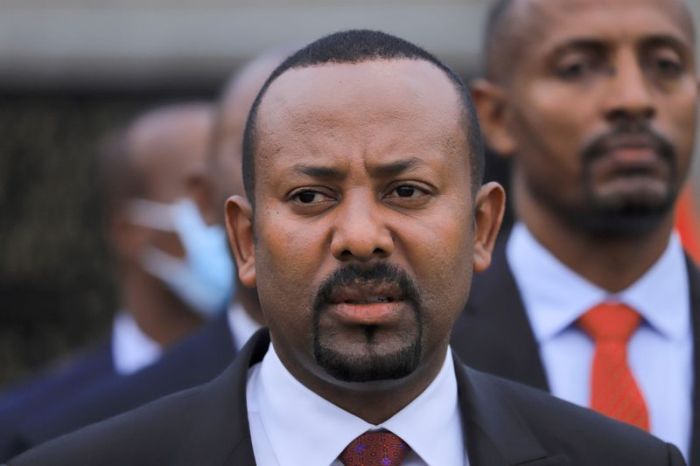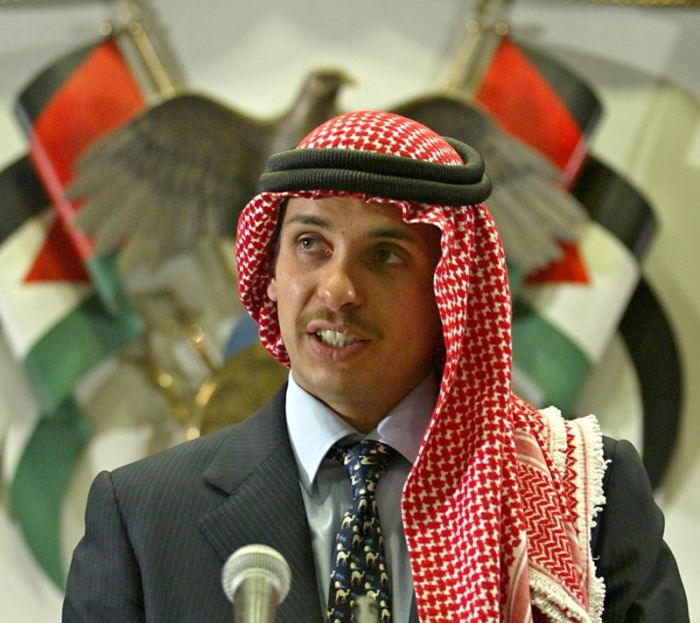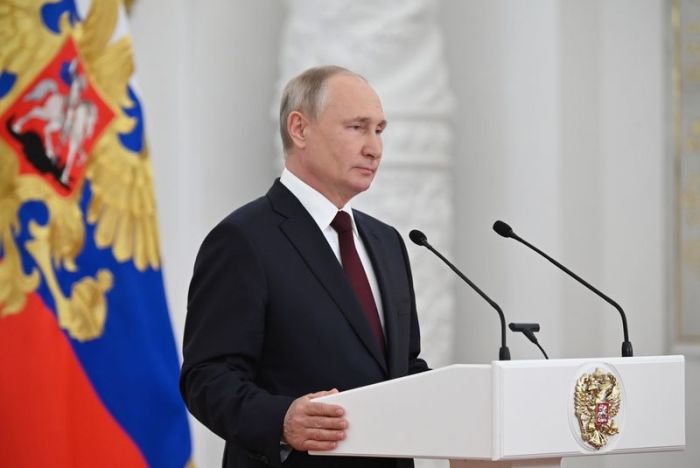NEW YORK (Reuters) -U.N. Secretary-General Antonio Guterres has appealed to U.S. President Joe Biden’s administration to lift or waive all sanctions on Iran as agreed under a 2015 deal aimed at stopping Tehran from developing a nuclear weapon.
In a report to the U.N. Security Council, Guterres also urged the United States to “extend the waivers with regard to the trade in oil with the Islamic Republic of Iran, and fully renew waivers for nuclear non-proliferation projects.”
The 15-member council discussed on Wednesday the secretary-general’s biannual report on the implementation of a 2015 resolution that enshrines the nuclear deal between Iran, the United States, France, Britain, Germany, Russia and China.
Former U.S. President Donald Trump abandoned the pact in 2018 and reimposed harsh sanctions, prompting Tehran to start violating some of the nuclear limits in 2019. In his report, Guterres described Iran’s violations as “worrying steps” and appealed to Tehran to return to full compliance.
Guterres’ appeal to Washington and Tehran comes amid talks to revive the deal – known as the Joint Comprehensive Plan of Action – under which Iran accepted curbs on its nuclear program in return for a lifting of many foreign sanctions against it.
“The last few rounds of discussions in Vienna have helped to crystallize the choices that need to be made by Iran and by the United States in order achieve a mutual return to compliance with the JCPOA,” deputy U.S. Ambassador to the United Nations, Jeffrey DeLaurentis, told the Security Council on Wednesday.
A date for the next round of talks in Vienna has yet to be agreed upon, but Russia’s U.N. Ambassador Vassily Nebenzia said: “We’re already seeing the profile of a future agreement, there’s a general understanding of how to move forward to the goals set before us.”
Iran’s U.N. Ambassador Majid Takht Ravanchi said it was “those who broke their promises” who must make hard decisions, calling for “assurances that all sanctions are removed verifiably and the U.S. will not once again withdraw.”
China’s deputy U.N. Ambassador Geng Shuang called on the United States to respond to Iran’s request for a guarantee that it would not again quit the deal.
The European Union is coordinating the Vienna talks and EU Ambassador to the United Nations, Olof Skoog, warned: “It is clear that time is not on our side and that what might be possible still today may prove impossible in the near future. We have a limited diplomatic window ahead of us that we should not miss.”
(Reporting by Michelle Nichols; Editing by Simon Cameron-Moore and Alistair Bell)

























